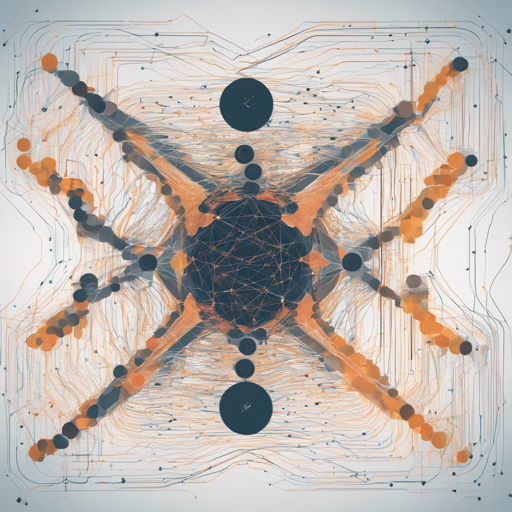Named Entity Recognition (NER) is a crucial task in Natural Language Processing (NLP), helping systems identify and classify key information from text. In this article, we will explore the capabilities and implementation of the xlm-roberta-base-masakhaner model, specifically designed for 10 African languages.
Understanding the Model
The xlm-roberta-base-masakhaner model is a remarkable NER model trained to recognize four types of entities:
- Dates (DATE)
- Locations (LOC)
- Organizations (ORG)
- Persons (PER)
Imagine you are organizing an international conference. You need to categorize various components like the date of the event, the venues (locations), participating institutions (organizations), and the speakers (persons). Just as you organize these aspects, this model efficiently sorts and classifies information into distinct categories, enhancing our understanding of the text.
How to Use the Model
Integrating the xlm-roberta-base-masakhaner model into your projects is straightforward. Follow these steps:
from transformers import AutoTokenizer, AutoModelForTokenClassification
from transformers import pipeline
# Load the model and tokenizer
tokenizer = AutoTokenizer.from_pretrained('Davlan/xlm-roberta-base-masakhaner')
model = AutoModelForTokenClassification.from_pretrained('Davlan/xlm-roberta-base-masakhaner')
# Create a NER pipeline
nlp = pipeline('ner', model=model, tokenizer=tokenizer)
# Example text for NER
example = "Emir of Kano turban Zhang wey don spend 18 years for Nigerian"
ner_results = nlp(example)
# Output results
print(ner_results)Limitations and Bias
While the model is impressive, it does have limitations. It is trained on a specific dataset of entity-annotated news articles, which may not generalize well across all domains. Hence, variations in language and context outside its training scope can affect its performance.
Training Data
The xlm-roberta-base-masakhaner model was fine-tuned on 10 African NER datasets, capturing nuances specific to languages like:
- Amharic
- Hausa
- Igbo
- Kinyarwanda
- Luganda
- Nigerian Pidgin
- Swahili
- Wolof
- Yorùbá
This ensures that the model can identify where entities start or continue in a text effectively, similar to being able to differentiate between two speakers in a conversation based on their tone and cadence.
Troubleshooting and Getting Help
If you encounter issues while using the model, consider the following troubleshooting tips:
- Ensure you have the right version of the Transformers library installed.
- Verify that the model name and tokenizer have been correctly referenced in your code.
- Check for any compatibility issues with the Python version.
For more insights, updates, or to collaborate on AI development projects, stay connected with fxis.ai.
Conclusion
At fxis.ai, we believe that such advancements are crucial for the future of AI, as they enable more comprehensive and effective solutions. Our team is continually exploring new methodologies to push the envelope in artificial intelligence, ensuring that our clients benefit from the latest technological innovations.

